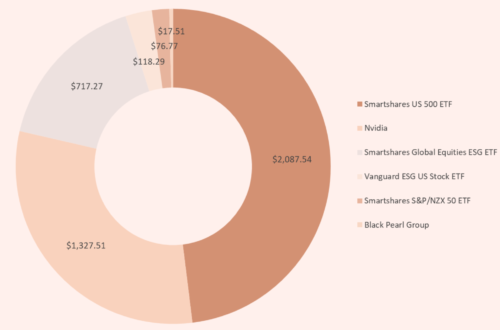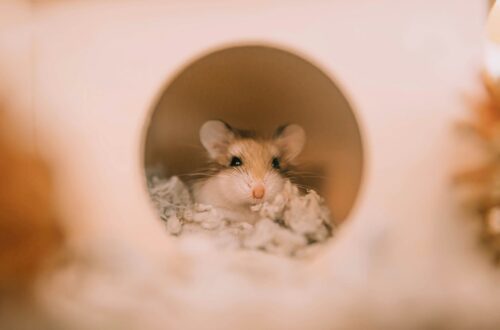Was My House My Worst Investment??
I recently read this article “Why Your House is a Terrible Investment” by JL Collins and it really (and I mean reeeeeally) got me thinking
I know it is an unpopular question here in Aotearoa, where everyone believes real estate is the ONLY way to build wealth (to be fair, this isn’t just a Kiwi mindset! It seems to be a ubiquitous belief throughout the western world.) But not one to shy away from my money mistakes I thought it was one worth asking.
Even with high interest rates and ridiculously high (still) house prices us kiwis are relentlessly desperate to get on the property ladder. No matter how much it costs us.
We pull out ALL of our life savings (usually from our Kiwisaver – literally stealing from our future selves), or even beg and borrow from parents (putting their home at risk) in order to buy a piece of Aotearoa to call our own.
And we do this without ever looking at the numbers or asking whether it is a sound decision.
It is instead an emotional one… based on the fear of missing out.
Or a financial one because renting is simply “paying someone else’s mortgage” (I was told that one too growing up, so that’s not just a Kiwi belief)
Or a decision based on status, when you get a better job you buy a bigger house in a more desirable neighbourhood.
Or it is a decision based on the firmly held belief that it is the only way to build wealth – you buy a house for $750,000 and sell it for $1.5M doubling your money!
Occasionally it is a decision based on the desire to create a home.
But for whatever reason we buy, we never actually take the time to check the math.
(and surprise surprise the banks and mortgage brokers never take the time to talk us through it – ever wondered why? If it is such a great investment why aren’t they champing at the bit to show us the return we can expect on our investment? Why aren’t our Instagram feeds full of graphics showing the returns on property the way there are about shares and investments?)
Do house prices always go up??
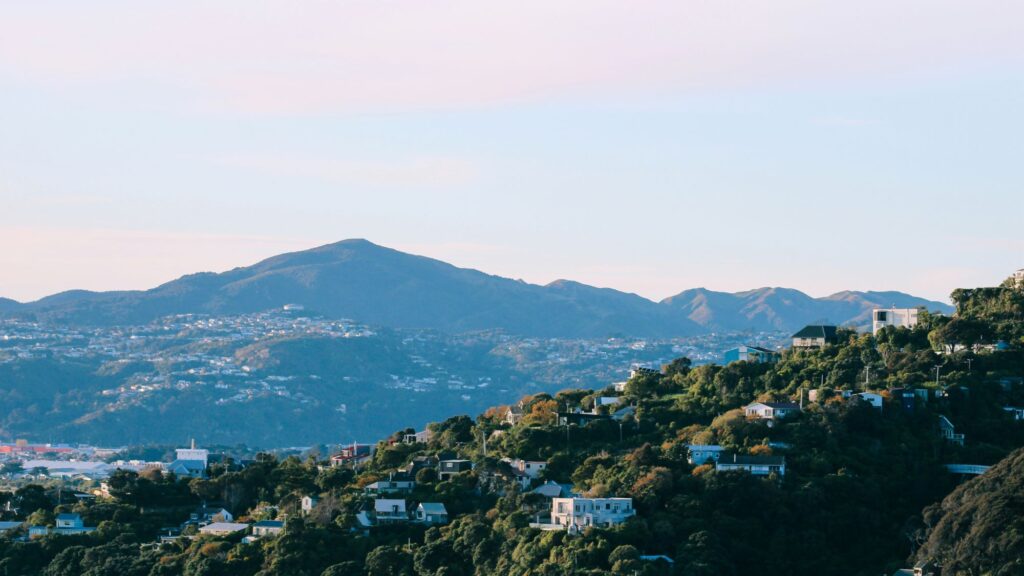
Over a long period of time, we’re talking 20 to 30 years, the answer is almost always yes. And this is what our parents (and their parents before them) did: bought a home and lived in it for 20, 30 or even 40 years. But nowadays (according to realestate.co.nz) the average kiwi owns a house for 5.5 years – 5.5 years!
If you are lucky, and time the property market perfectly, even over such a short space of time as 5.5 years, you might see your house price go up. NZ house prices, excluding Auckland, increased 6.2% per year on average over the last 30+ years (Jan 1992 – Jan 2024) according to Opes Partners and that actually includes the latest dip (FYI, the S&P 500 averages 10% a year, just saying)
But over that period they haven’t always gone up! That’s what an increase of 6.2% ON AVERAGE means. Over short periods of time the property market can be more volatile than we like to think, going both up and down – just look at 2023 – and when it’s not volatile it’s actually pretty flat!
Let’s look at that 30 year period (from Jan 1992 to Jan 2024) during which property averaged a 6.2% yearly increase. If you bought in May 97 and sold in May 98 you would have made a loss. If you bought in May 2007… well we all know what happened in 2008 (the Global Financial Crisis) and house prices went down by between 8% and 15% (depending on your source). In fact if you bought in May 2007 and sold any time from December 2008 until April of 2012 you would have likely made a loss. And obviously in 2023 house prices fell as a result of the increased interest rates and changes to lending by 17.8% according to Opes Partners, but here in Hawkes Bay it certainly felt more like 25% to 30%.
Long story short, making money on property is NOT guaranteed.
Just like any investment, property is an asset class whose value goes up and down dependent on a variety of economic variables: interest rates, employment and migration being the major ones.
Of course calling it an asset at all can be debated….
Asset vs Liability
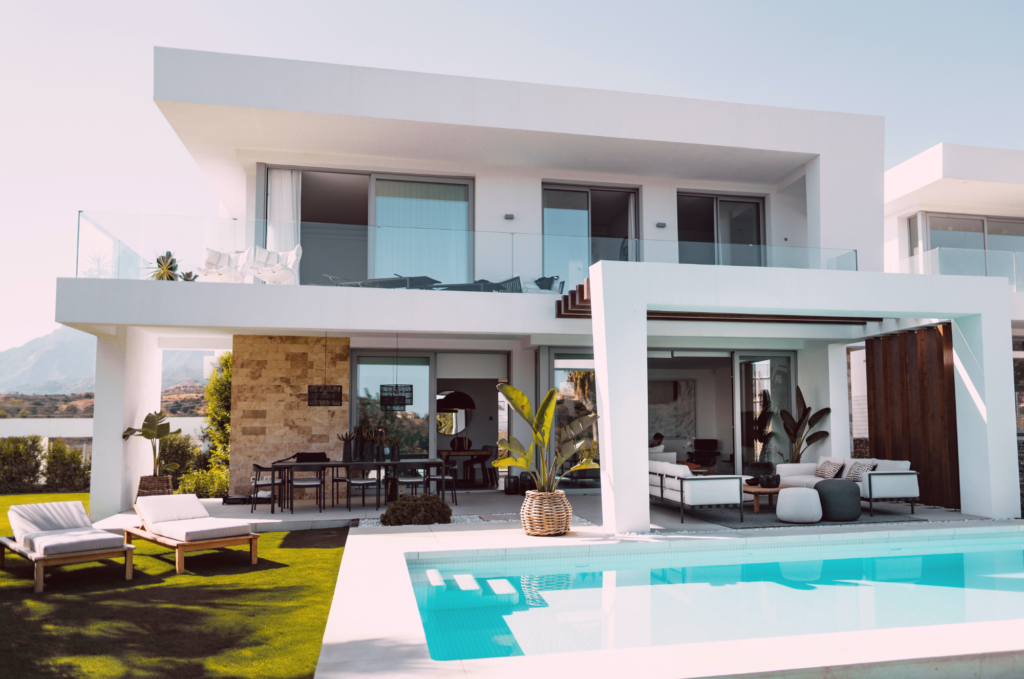
The definition of an asset is:
“Any resource owned or controlled by a business or an economic entity. It is anything that can be used to produce positive economic value.” (thanks Wikipedia)
So investors tend to think of assets as things that can return an income or return on investment.
Can your home be used to produce ‘positive economic value’? Usually only when you sell it! The money you make on your house when you sell it is called capital gains, and here in New Zealand we are still lucky enough not to be taxed on the capital gains we make on our home – provided of course it is your main home (but be wary of that terminology because you can still be liable for tax, even if it is your main home, if you chose not to live in it for any length of time! If we get on to the complexities of the Bright-line rule we will be here ALL day so I will leave that for another day… or another year) But basically the money you make on your main home is (usually *) currently not taxable, which I think is another reason we view property so positively.
OK, so you bought a house and now it’s doubled in value, you fancy cashing in that capital gain and decide to sell it…. but then what? That’s the flawed logic behind thinking you can just sell your home when you want to retire at 65 – and therefore don’t need Kiwisaver. Great idea… except where do you live then? (Or do you think when you no longer need to work you will also no longer need somewhere to cook dinner, sleep or store your stuff??)
Meanwhile the definition of a liability is:
“A quantity of value that a financial entity owes.” Which definitely describes a house when it still has a mortgage hanging over it. It can also be described as “the state of being responsible for something” (according to Investopedia). And we are responsible for our houses, which means from the moment we own them they invariably cost us money needing insuring, and new roofs, and leaks repaired, and re-furnishing, and painting, and rates paid…. The list is endless.
What do these costs do to our capital gains?
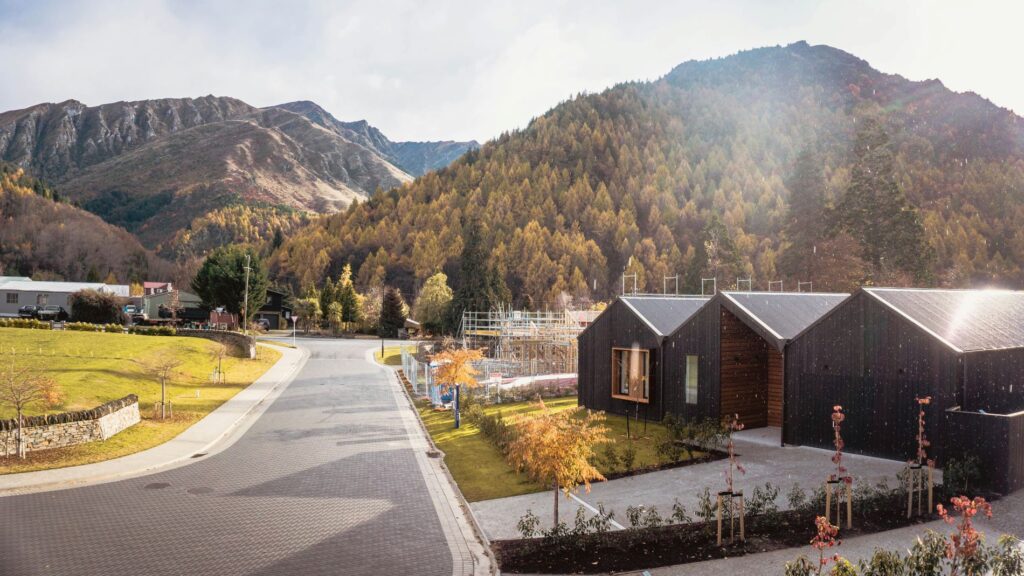
That’s the thing none of us take into consideration when we buy a house for $750,000 and sell it for $1.5m.
We tend to walk away thinking we doubled our money, we made $750,000 – wahoo! We never consider all the costs we had to pay whilst we owned the property.
First of all there are the buying and selling costs. Buying generally costs Kiwis $1,500 to $3,000 (according to Squirrel mortgages) in solicitors fees. So let’s go in the middle and say $2,250 for buying and then in 13 years time when you come to sell… who knows how much solicitors will charge, so let’s (generously) assume $3,000.
Meanwhile selling costs even more. With estate agent fees being by far the largest expense – rule of thumb is to expect to pay 3% of the first $400,000 of the sale price and then 2% of the balance. So on a $1.5m house that is $34,000, plus of course marketing and administration fees which can be another $1000 or more. So let’s say $35,000.
Then there is staging fees if you want to get the best money for your property, and the cost of making any little fixes. But we will pretend the $1.5m house is perfect and you have already styled it like something from Life & Style magazine.
Now let’s look at how much you will have paid to live in your home. Based on the Opes Partners numbers we quoted earlier, on average the NZ real estate market increases by 6.2% a year. So lets be kind and say that’s what your $750,000 house did. It would have taken 13 years to get to the $1.5M you just sold it for. Over the course of those 13 years (and bear in mind that is over twice the amount of time most kiwis hold their homes for) how much will you have paid in mortgage interest, rates, and insurance…
Mortgage interest on $600,000, which assumes you had a 20% deposit when you bought your $750,000 house, at 6.47% (you might be arguing that that is high however it’s not, it is actually the average two-year fixed rate since June 1998 from the RBNZ – those lovely post Covid 2% -3% interest rates were the anomaly, done to stimulating the economy. The average is 6.47%) So the interest you will have paid over those 13 years is a whopping $456,835.
Rates over the course of 13 years based on around $3,000 for city council and $600 for regional council on a $750,000 home, and that they go up by 5% a year which is generous considering rates in HB are going up by 24% this year on top of an over 10% increase last year, you will have paid $63,767.
Insurance based on $4,524 the first year, which I calculated based on my insurance adjusted for the increased value (my house is not worth $750,000) and then with a 5% increase each year (which is generous considering my house insurance went up by a massive 33% last year!) over the 13 years you will have paid $80,145.88.
None of which renters have to pay when they are “paying someone else’s mortgage”.
Then repairs and maintenance over the course of 13 years, assuming you have done the general house and garden maintenance yourself and that you didn’t do any major improvements or renovations when you moved in. Lets just assume general wear and tear (so that’s the odd plumbing, electrical or other tradie bill) of $1500 a year, plus a new kitchen or bathroom for say around $30,000 (because over the course of 13 years even if it had been brand new when you bought it chances are one or the other would have needed an upgrade), new carpets at around $15,000, new curtains at around $10,000, and then just paint for a freshen up every once in a while $6,000.
I have assumed you haven’t spent money on any kind of gardening or landscaping, you haven’t extended your house, or painted the outside or paid contractors to do any of the work for you except the essentials.
So now we have $1,500,000 that we sold the house for.
Minus the $35,000 in estate agents fees.
Minus the $3,000 in solicitors fees and the $2,250 when you bought the property.
Minus the $456,835 of interest.
Minus the $750,000 you paid for it which is now $617,069.50 because you have also paid off $132,930.50 of principal (so in total you have paid $589,765.47 in mortgage repayments over the 13 years)
Minus the $63,767 in rates.
Minus the $80,145.88 in insurance.
Minus the repairs & maintenance of $80,500
And you are left with a tidy profit of $161,432…. But not the $750,0000 most kiwis math their way to when they buy a house for $750,000 and sell it for $1.5M!
But if you paid for the house to be renovated, or built a garage or painted it two or three times instead of once, or installed HRV and a fire, or rates and insurance increased above the 5% I’ve allowed… well that $161,432 could quite easily become $0.
So it seems our house IS a terrible investment!
Or can be, unless we do these two things.
Our house is a terrible investment, unless….
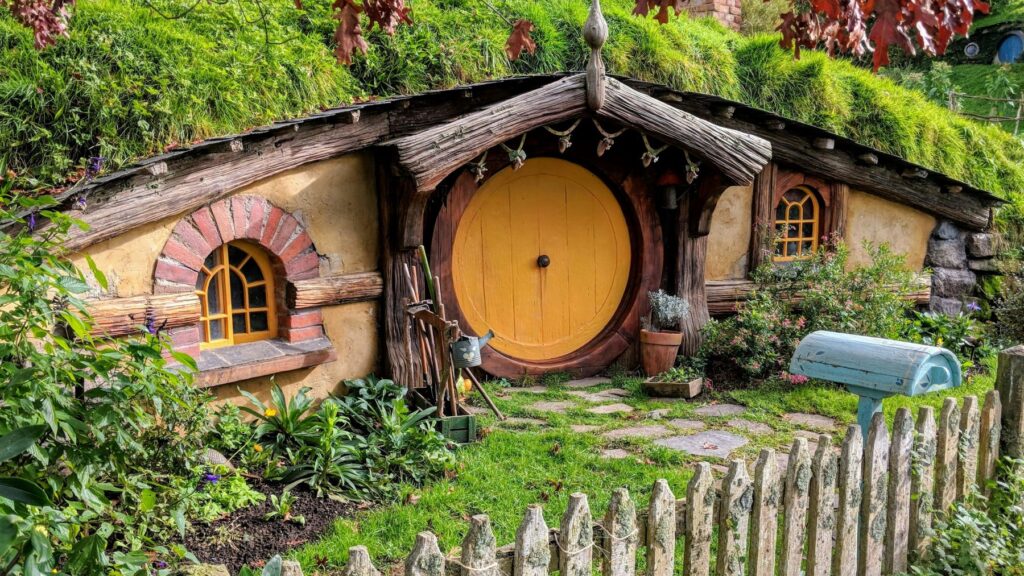
Firstly, buy a house that is a true asset.
We often get told “your home is your greatest asset”, but after reading what I have read I would have to disagree. Robert Kiyosaki defines an asset as an investment that puts money into your wallet, and a liability as one that takes it (a far simpler definition that Wikipedia or Investopedia, thank you Robert!). By this definition our house is by far our greatest liability. Because as anyone that has ever owned a property will tell you, it starts costing money from the moment we look at it (before it is even ours!) Even once we are done with the estate agents, solicitors and builders reports, happily living in our house, trying not so spend any more money, it costs $$$s each year in mortgage interest, rates, insurance and maintenance (as we have seen from the above)
If however you own a property that you can rent part of, or that you can add a tiny home to the land of and Air BnB it, then it becomes an asset.
And secondly (and this is the important finance bit) pay off your mortgage as quickly as possible!
Because as you can see from the above calculations, by far the biggest cost was the mortgage interest, and that is because for the first 13 years of a 30 years mortgage you are paying VERY little principal and a lot of interest. In fact over the life of a 30 year mortgage on $600,000 (a $750,000 property with a 20% deposit) you will pay $761,008.15 in interest!!! So definitely do NOT take the 30 years you sign up for to pay off the loan.
And whatever you do, do not sign up for a new 30 year mortgage EVERY time you move house. This is the mistake I have made which sees me with over 20 years of a mortgage still at 45 despite buying my first house at 21! 24 years after I bought my first property I should be tantalisingly close to mortgage free, but instead I am looking at still having a mortgage when I get to retirement age. A scary prospect and not an uncommon one. Since June 2018 the number of New Zealanders with mortgages past the age of 65 has risen 15% – from 118,000 to 136,000, according to data from credit bureau Centrix.
If you do those two things: make your house an asset by finding a way for it to generate income and pay off your mortgage as quickly as possible, then it might not be such a terrible investment.
And there is a third option.
Buy a house you love living in! Not one that you buy as an investment (or a retirement plan), but as a home. A sanctuary. Somewhere you love opening the front door to after a long day at work. Somewhere you love returning to after holidays. Somewhere that you love spending weekends lazing in or lovingly taking care of. Somewhere you want to spend a lifetime creating memories with friends and loved ones. Somewhere that feels like an extension of you, that reflects who you are, a home you fill with love and warmth. This is how I feel (somewhat surprisingly, but that’s another story) about my house. And when you feel that way about your house, you neither worry nor care if you make money on it because it’s not an investment, it is a home.
Believe it or not this isn’t a post telling you not to buy a house. I bought a house and don’t regret it for a second (even now when I am facing a huge hike in my mortgage payments and worrying how I am going to pay them) So I am not telling you that wanting a place to call your own is wrong. What I am telling you is to do the maths first, save as much as you can for a deposit, buy within your means, buy once and don’t upgrade your house with your income, pay off your mortgage as quickly as possible, invest in Kiwisaver and love your house – make it a home not your retirement plan!
Amy
XO$
* If for any reason you have not been living in your main home for any extended period of time please seek financial advice from a qualified accountant before selling, so that you are at least prepared for any tax you might have to pay. As an accountant I have seen more than a few clients caught out by Bright-line!


